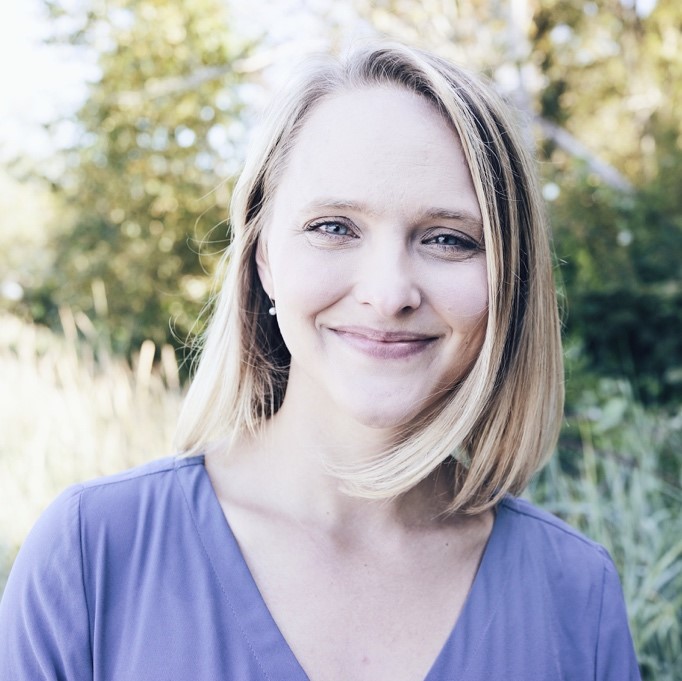November 26, 2024
Dr. Arianna Means awarded grant to develop a researcher-friendly tool to improve translating evidence into practice

It is estimated that it takes an average of 17 years for 14% of clinical research to translate into practice. Many evidence-based interventions (EBIs), including biomedical interventions or practices that have demonstrated ability to improve health behaviors, health outcomes, or health-related environments, fail to translate into policy and practice.
There are several cultural, organizational, political and operational barriers that prevent effective uptake of EBIs. There may be serious constraints in policymakers’ preferences and priorities, the ability to supply the workforce training needed, and communication gaps between researchers and policymakers, among many other factors.
Dr. Arianna Means, Assistant Professor in UW Global Health, who is a trained epidemiologist and implementation scientist, is launching a new project in early 2025 to help close the gap between what scientists know can optimize health and what they do in practice (often referred to as “the know-do gap”) by identifying and addressing the barriers that slow or halt the uptake of EBIs.
The project includes key stakeholder interviews with policymakers in low-and-middle-income countries to better understand their decision-making process and the types of “knowledge sharing” activities they are willing to engage in with researchers. Their responses will inform the development of a simple, pragmatic tool for researchers to use before designing a research study aimed at informing policy. The tool is intended to generate evidence that is readily applicable to real-world policy decisions.
We look forward to sharing more updates as the study progresses.